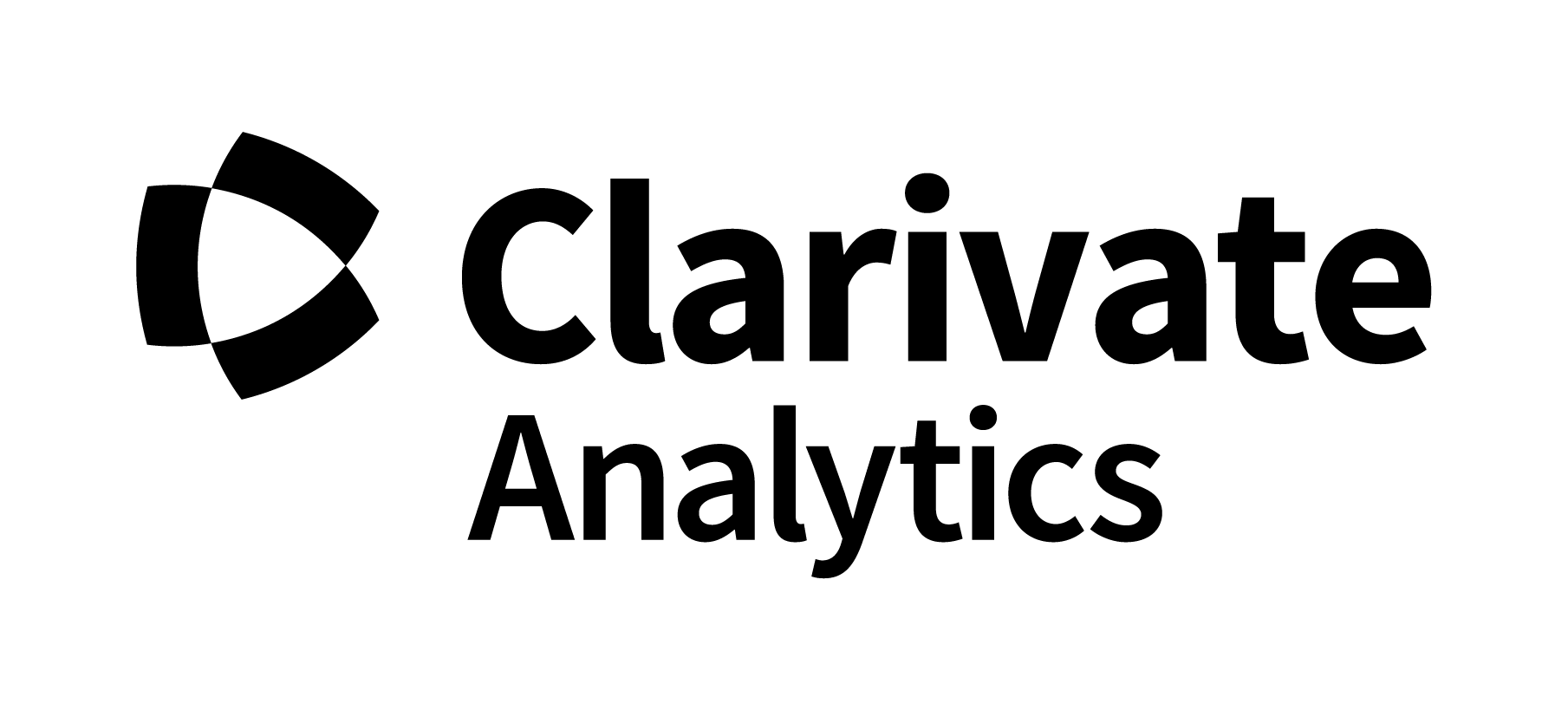Aggression and behavioural dominance in wintering Mallard Anas platyrhynchos and American Black Duck A. rubripes
Abstract
Environmental change can reduce species barriers and increase interactions between closely-related species. Furthermore, for sister taxa that have little niche differentiation, behavioural dominance can affect the distribution and abundance of the subordinate species. Here, aggression and behavioural dominance were investigated between two closely related sister taxa, the Mallard Anas platyrhynchos and American Black Duck A. rubripes (hereon Black Duck) at Cayuga Lake, New York, from January–March in 2015–2017. Specifically, the observed number of aggressors, aggressive behaviours performed, aggressive behaviours received and the number of victims of aggression, determined by analysing video footage obtained from Go-Pro cameras mounted in traps baited with corn, were compared to expected frequency of these activities. Expected frequencies were based on the number of individuals of each species and sex identified in the footage at a trap site during each recording period. Behavioural dominance also was determined by quantifying the probability of a species-sex class being deterred from using these feeding sites when threatened. Male Mallards were more common, aggressive and dominant than Black Ducks. Female Black Ducks were deterred from feeding sites by aggression from male Mallards more than other species-sex classes. Results suggest that Mallard dominance could the decrease carrying capacity for Black Ducks at our wintering area study site, through interference during foraging and displacement from feeding locations. If this pattern is occurring elsewhere, it could contribute to changes in distributions, and possibly declines in abundance, of Black Ducks through secondary contact with Mallards.
Full Text:
PDFRefbacks
- There are currently no refbacks.

This work is licensed under a Creative Commons Attribution 3.0 License.
